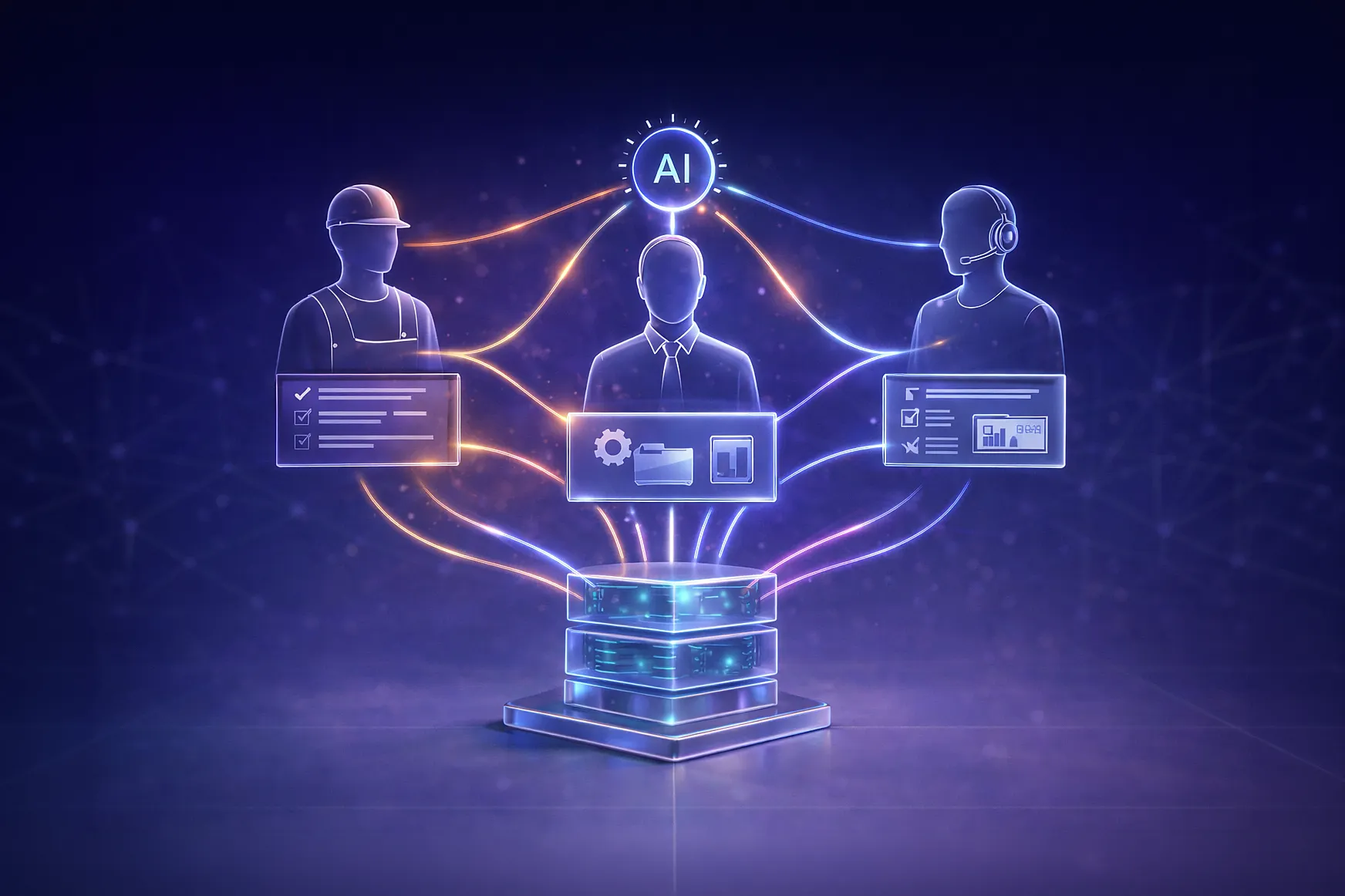Without SEO, your webpage could never be found amongst billions of other sites. SEO makes it that much easier for new sites to increase traffic and build their online presence. However, SEO requirements are constantly changing. Therefore, it's not a surprise that many struggle to keep up with these constant alterations. Hopefully, this article should shed some light on the topic and help you keep up with the newest SEO guidelines.
What’s SEO?
Search engine optimization is the process of improving the search engine ranking of a webpage. It's done through making it attractive to users and, as a result, attracting more and more of them. Sites that are well-optimized get more traffic. Putting it simply, SEO means improving your page to make it pop up more often.
- SEO is data-driven
- Well-optimized sites get more traffic
- Website’s unique selling proposition is vital for search engine ranking
SEO ranking signals
SEO ranking signals determine the SEO ranking of a webpage. All signals combined, form the algorithm of a search engine. The vital signals that impact a website's ranking include: page performance, technical set-up, SERP real estate, and backlink profile.
- Page performance and technical set-up are assessed based on user experience (UX). If your site is easy to navigate and responds quickly, it very likely has a good performance and technical set-up.
- Search engine result pages (SERP) are websites that pop up when users enter their search query. A site with a high SERP real estate appears on the results page often.
- Backlink profile is a signal that shows the quantity and quality of your site’s backlinks (links from other sites that direct users to your webpage). It means that beside the number of the backlinks, it's also important how reliable and trusted are the websites they come from.
And what are search engine optimization REAL requirements?
1. Consider SEO as an ongoing project
To maintain significant and pop up among competitive queries, it's crucial to consider the SEO of a site an ongoing project. Monitor, plan, improve, repeat. The aspects that need to be constantly watched and polished impact user experience, signals, and page performance. Other factors might require less surveillance but still cannot be neglected (such as backlink liabilities).
2. Social signals have only INDIRECT influence on SEO
Social signals, including likes, comments, and other forms of engagement on social media platforms, are significant to online marketing and brand building. However, they do not have a direct influence on SEO ranking.
"Comments, likes, votes and social media engagement of any sort – including links emanating from social media channels like Facebook or Twitter – are contrary to popular theories not contributing to SEO as a ranking factor." – according to Kaspar Szymanski, a former long-time Google Search employee and an SEO expert
Google is not using social signals as an SEO factor
Google is not using social signals as an SEO factor because such data is fragmented and unreliable. However, they have a long-term influence on brand recognition and loyalty, and these are factors that have a considerable influence on SEO. Google still favours domains that are popular with users. Therefore social media presence increases click-through rate (CTR) and brand recognition, boosting sites SEO ranking.
3. Fresh content is important ONLY for news websites
Whether the site's 'freshness' is an SEO factor, depends on the content within which the site operates. Amongst the sites that function within rapidly changing news (like news outlets), the freshness of their content defines their relevance and competitiveness. Therefore, the site's 'freshness' is an SEO factor only when it influences user intent (user intent defines the user's intention when conducting a search query via a search engine), and user intent is influenced by the freshness of the content only in news websites.
4. Don’t focus your energy on keywords
Websites do not get ranked for the number of keywords contained within them. It's highly unlikely for keywords to have a yearned effect on CTR.
"The times of counting keywords on pages and attempting to identify a fleeting ideal ratio are a thing of the past. Content, which can be represented by data as much as by written words, is important for the context of the website, however, keywords are not relevant." – states Kaspar Szymanski
Instead of focusing on keywords, pay attention to e.g. rich snippets breadcrumbs
Instead of focusing on keywords, it's more beneficial to redirect your energy elsewhere. What does have an impact on CTR and helps users navigate relevant content are rich snippets breadcrumbs. Breadcrumbs are navigation elements presenting information about the website’s structure – like pages and subpages. They show the user where on the website he is currently located and allow him to easily return to previously viewed subpages. Breadcrumbs can also appear in the form of "rich snippets" when the page is displayed in search results.
5. GSC impressions and CTR are the only indicators regarding user perception of the site
The user perception of the site generates data to adjust the entire business strategies and should be continuously monitored. The only shared and relevant indicators of user perception, and thus, their happiness is Google Search Console (GSC) impressions and CTR. GSC is a free service provided by Google to help manage your site's search functionality. It contains reports and tools to help correct errors and optimize search engine rankings.
6. Backlinks represent a ranking signal but may also harm your website’s ranking
Links are crucial to finding new content and collecting data. Web crawlers known as spiders collect data about new content by crawling between links. As important as links are, they can also harm the site's SEO ranking. Google has created algorithms which goal is to mark websites that are mainly linked from other low-quality sites.
"Google's continuous mantra is that links must be based on merit, rather than paid or building schemes" – explains Kaspar Szymanski
Therefore, backlinks can also harm your SEO ranking. That’s why, It's vital to remain honest towards Google policies to avoid getting penalized and disappearing from the search engine results page (SERP).
7. The infancy period of a website
The most powerful search engine in the world, Google, grants new domains something called a 'Google Honeymoon Period'. It's supposed to help new sites quickly boost their traffic. Even though this is vast facilitation for brand new domains, it won't guarantee immense traffic after the honeymoon period is over. It's crucial to take this opportunity and make the most out of it. It can help immensely in excelling for relevant queries.
Those that succeed during the given time tend to fly out of the nest and do quite well in the search engine ranking. However, most domains fail to gain enough traffic and do not mark high on the ranking afterward. Therefore, right after the honeymoon is over they experience a significant drop. In short, this short period of grace helps sites launch at their infancy but doesn't guarantee success later on.
In conclusion
SEO ranking is the key indicator of how much your site has succeeded or failed in building your online presence and significance. It can always advance or deteriorate; therefore, it's vital to keep yourself on your toes and monitor the ongoing changing situation.
It's crucial to consider the stage of your site's development and the type of your content before taking the next steps in building your SEO strategy, as one strategy certainly does not suit all. Hopefully, the tips mentioned above will show you the right direction towards improving your SEO strategy and allow your site to pop up for relevant queries.





































